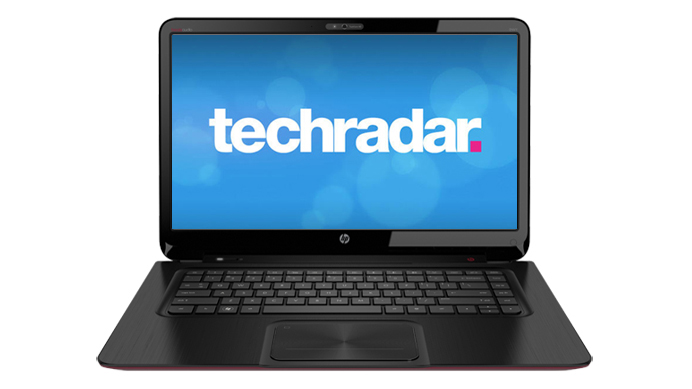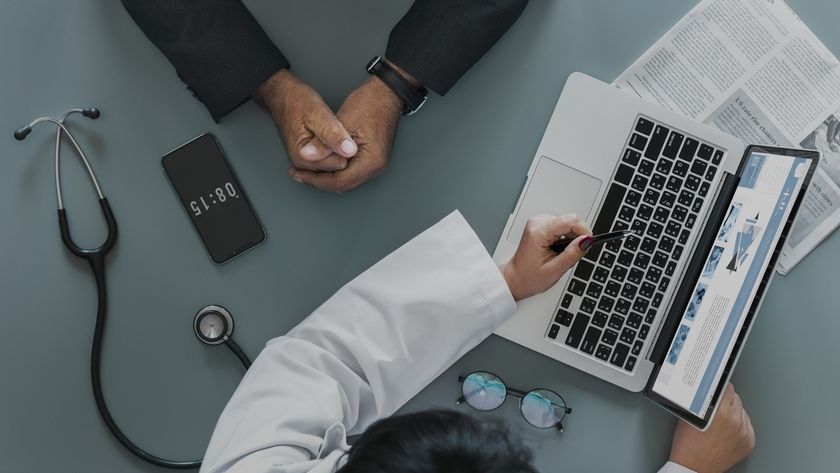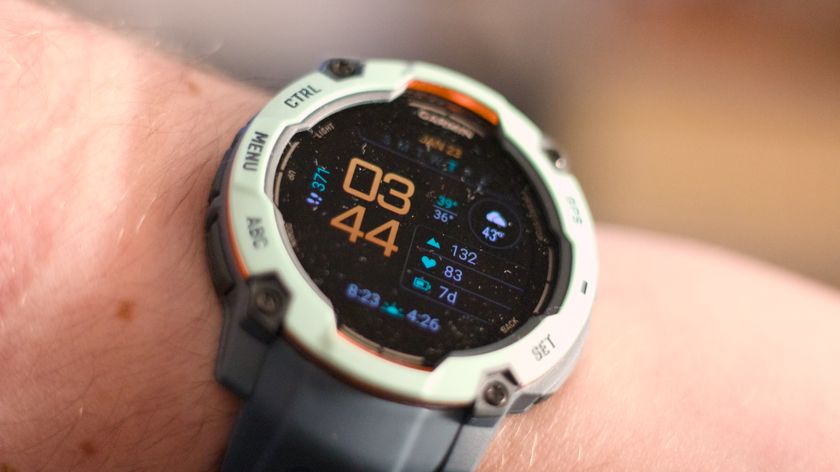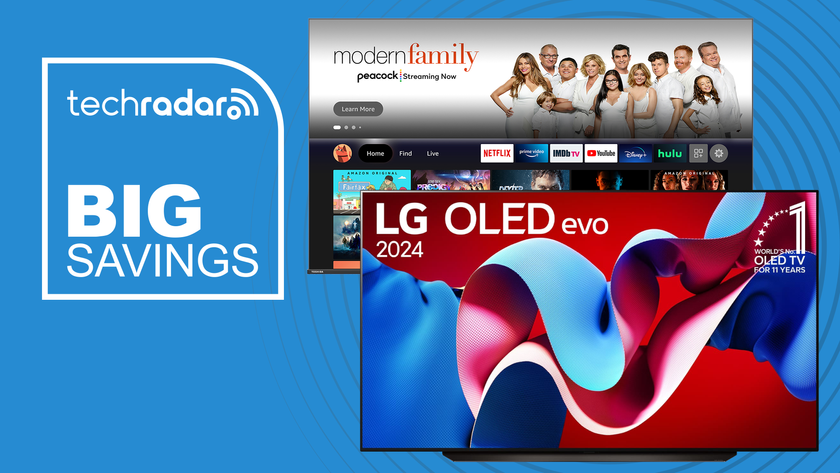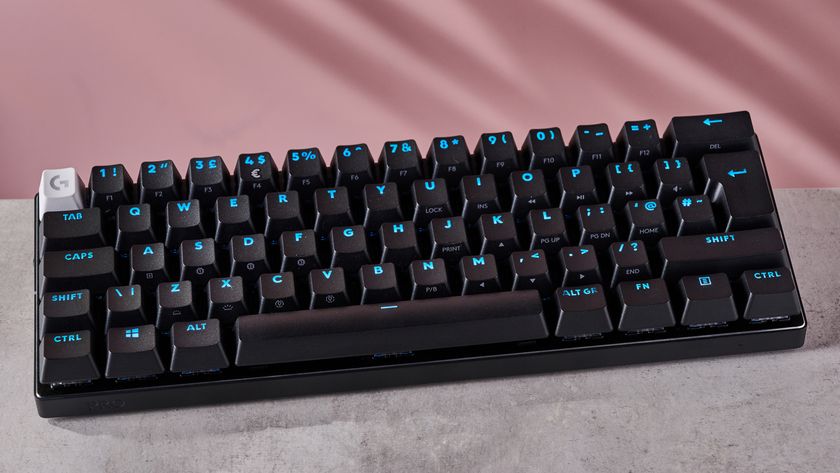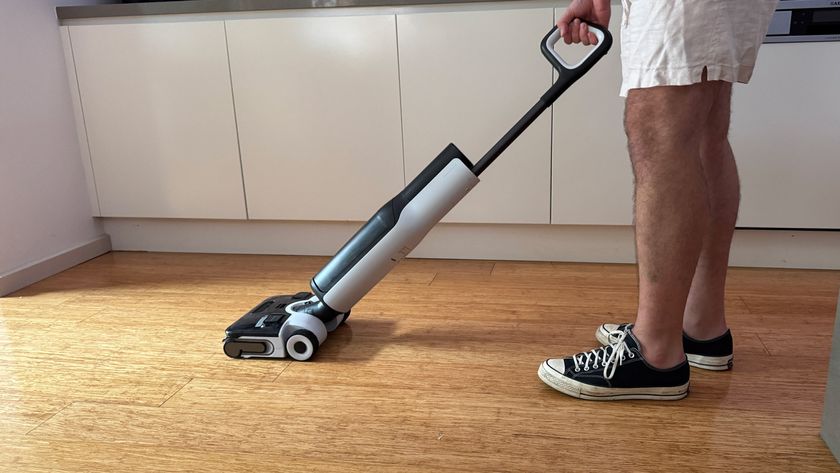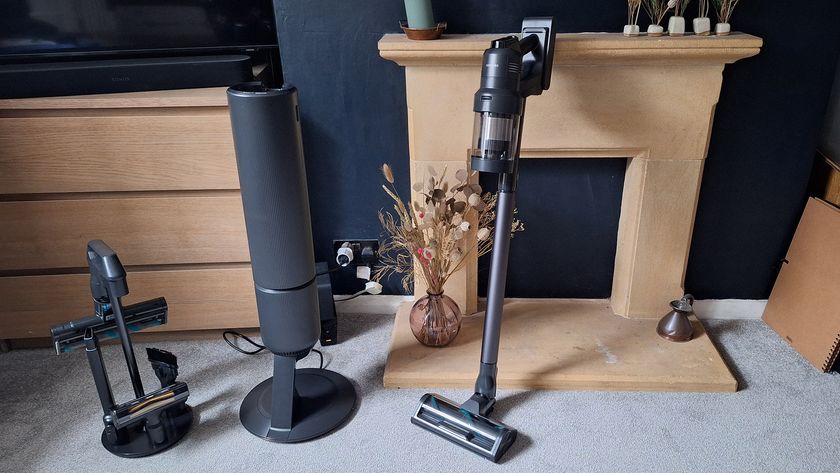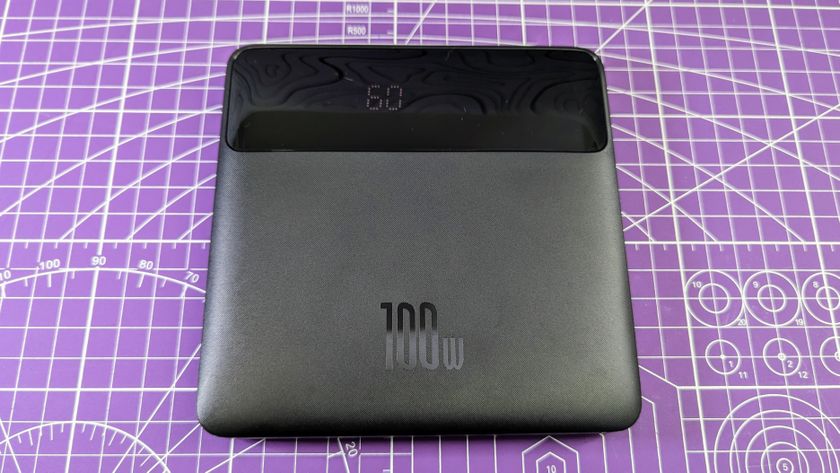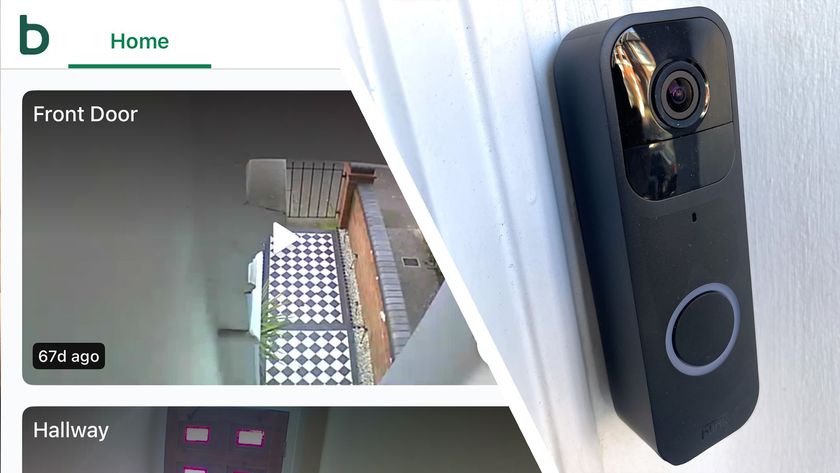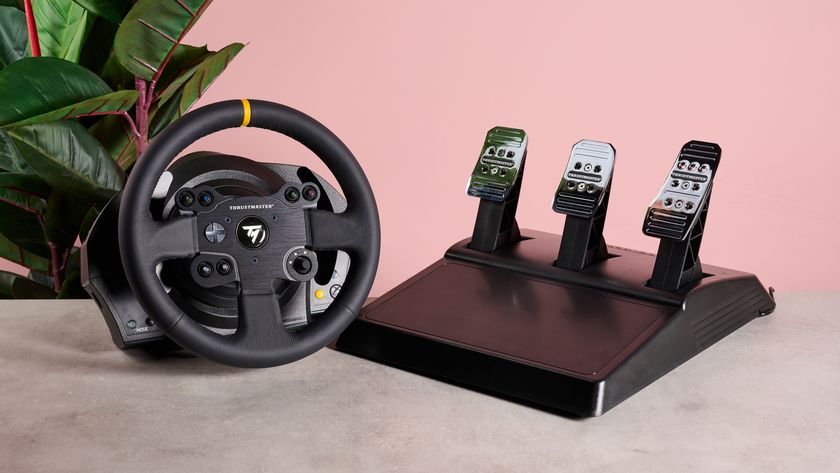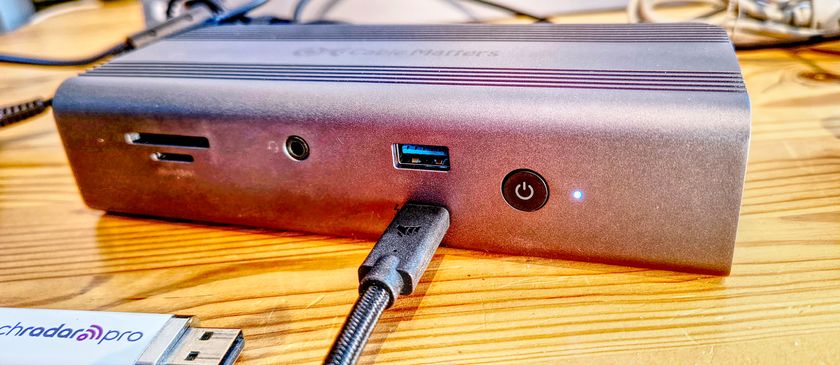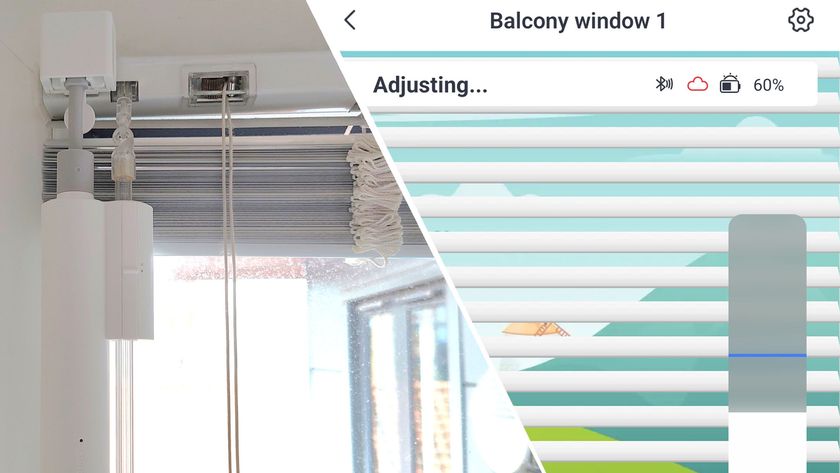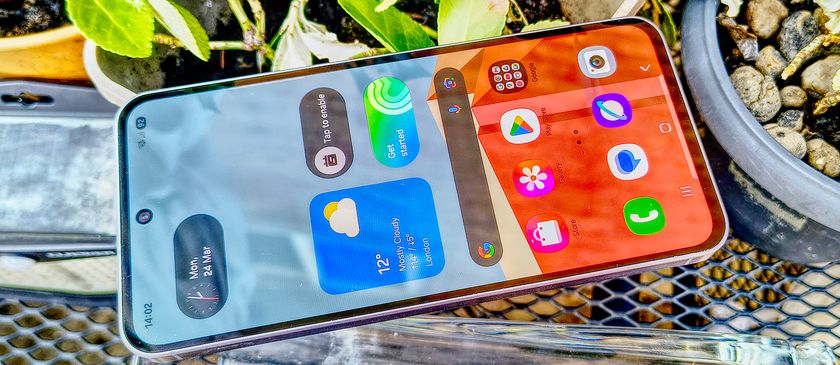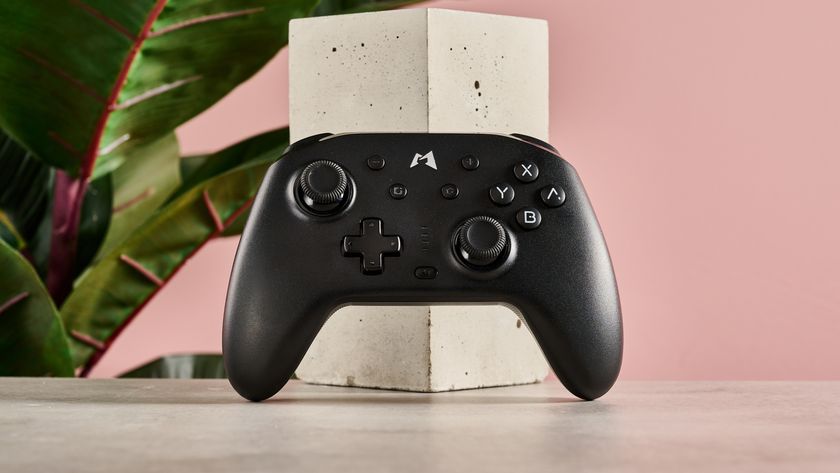Why you can trust TechRadar
As a class of computer, Ultrabooks aren't about power; they're about convenience. That comes from small size, light weight and fast performance. The HP Envy 6 makes a concession to the first of those by being thin (though you can't exactly say it's small overall), and is fairly light for its size (but again, it still carries some weight).
Our biggest concern was for the third part: fast performance. The lack of flash storage looked ominous, because the handy quickness of Ultrabooks is down to the speed of SSDs in no small part – but that turned out to be not so much of an issue in the end.
The HP Envy 6 is capable of waking from sleep in less than four seconds, and usually more like three – almost as fast as the Asus Zenbook UX32A.
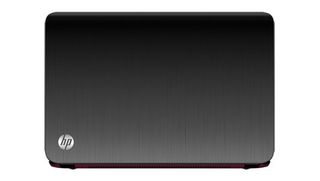
In general, it's perfectly fast to respond, and multitasking is fine in standard use. It's not blisteringly quick, but it's fast enough to feel you aren't being held back. Browsing files and folders is slightly slower than it would be with a full SSD, but it's no slower than any other laptop.
Its performance in Cinebench and 3D Mark give a similar result for CPU and GPU power – Ivy Bridge gives it a big jump over the last generation of Ultrabooks, but it won't blow anyone away. It's fast enough, though, and that's what's important.
HP has included its CoolSense technology to keep the HP Envy 6 running at a temperature that won't make it too uncomfortable on your lap, but it's still capable of getting rather toasty. We've encountered plenty of laptops that are far worse for it, though.
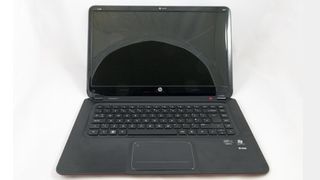
Although its gaming chops are minimal, games and video look fairly good on the screen, save for that low resolution. The screen is bright and clear, though its viewing angles are a bit weak. And, in truth, the low resolution isn't as much of a problem as it could be.
Windows is perfectly usable, and web browsing and documents are fine. But when you see someone using a similarly sized laptop with a Full HD screen, you may suddenly find the HP Envy 6's display a little inadequate.
The HP Envy 6's real Achilles' heel actually comes from its usability, rather than its specs. Put simply: the trackpad is abhorrent. It's a charge we also targeted at the HP Envy 4, its little brother. It's stiff, we don't like the way it feels, and its response is poor.
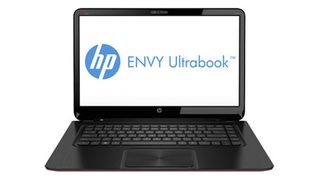
For example, you often have to press the button with such force that it actually moves the mouse cursor, so you miss the button anyway. It's got multi-touch gestures, but even these are too far on the fiddly side. If you want to scroll with two fingers, you can't have a third touching the mouse button at the bottom, or it won't work. And, you can't use the trackpad and press a keyboard button at the same time – the trackpad just stops responding.
The keyboard, on the other hand, feels perfectly reasonable. It's a little soft, but it's comfortable, and the keys are a good size (as you'd hope, seeing as it's a 15-inch laptop). Sadly, they're not backlit, making working in the dark a little harder.
HP hasn't packed in much in the way of bloatware, mercifully, although you will get a few anti-virus pop-ups here and there.
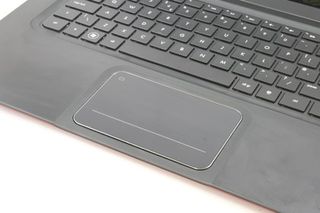
Unfortunately, HP also hasn't packed in too much in the way of batteries, with the HP Envy 6 hitting a disappointing 158 minutes in our Battery Eater '05 test. We like to see Ultrabooks hit the 200 minute mark, so this is some way short of our expectations.
It's still capable of lasting a while in light use, but it's not the portable wonder we've come to expect from this class of Ultrabooks. The choice to use a hard drive may well be a factor here, and the larger screen size definitely will be.
The Beats Audio speakers on the HP Envy 6 are loud and crisp, although they still pale in comparison to the depth you can get from a set of external speakers. They're plenty good enough for watching videos on, though.
Benchmarks
Cinebench 10: 8992
3D Mark '06: 4552
Battery Eater '05: 158 minutes
